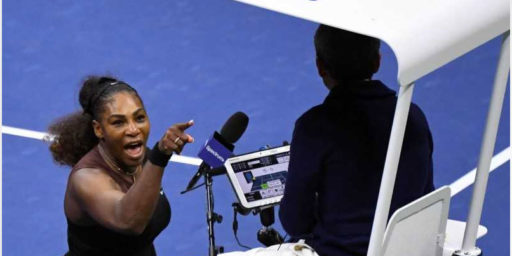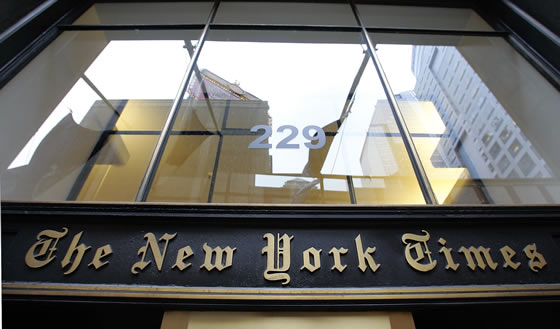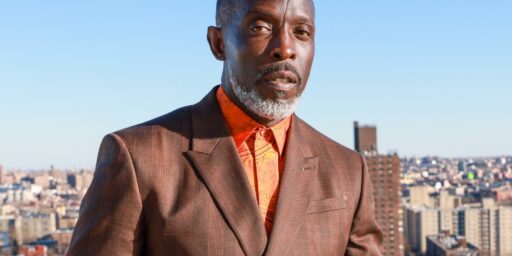NPR’s Leadership Problem
NPR is a collection of local stations, not a single station. And it's run that way.
Slate’s Jack Shafer notes that NPR executives have been dropping like flies the last few years, with the top three positions constantly turning over. His diagnosis:
NPR isn’t an independent and powerful freestanding operation, it’s the creation of a network of stations, some of them sophisticated and urban but many more parochial. Most of the board’s members observe agendas and priorities that are separate from maintaining a strong national journalistic network, which by its nature sometimes has to stand strong against outside attacks. Sure, the local stations want their Morning Edition and All Things Considered to “tent pole” their broadcast day and they want their Car Talk. But their primary obsessions are local (that is, raising local money) and federal (that is, making sure Congress continues to fund the Corporation for Public Broadcasting, which many of them depend on).
Every time a faux scandal like Juan Williams or Ron Schiller thrusts its way in the news, the board doesn’t think the way a Sulzberger or a Graham would: How do I gut this out? Instead, they go all wobbly worrying about their how their local and federal funding will dry up. Then, a board member suggests that they sack an executive or somebody on-air to silence their critics. Of course, such sackings only encourage the critics. But they do it anyway.
I’m reminded of lots of international organizations, particularly the United Nations and the European Union. Sometimes, the whole is less than the sum of the parts.







Hmm…this arrangement sounds like what some conservatives would prefer this country to become…
“I’m reminded of lots of international organizations, particularly the United Nations and the European Union. Sometimes, the whole is less than the sum of the parts.”
By focusing on discrepancies of complex organizations one often looses the greater picture.
When Konrad Adenauer and Charles De Gaule started the Germano-French discussions which ultimately lead to the EU, their strategic objective was to prevent future armed conflicts between members, which had plaged the continent for over 1500 years, by re-enforcing economic inter-dependencies. Sifty years later, that main strategic objective has been completely .achieved.
Similar observations can be made about the UN. For all its flaws the organization remains an important platform for multilateral discussions. It also hosts a number of organization such as the UNHCR where dedicated staffers do invaluable work in troubled or emerging countries at great risk and for little pay
As for NPR, Jack Schafer points out that many local stations wouldn’t survive without the CPB and NPR.
Sometimes, the parts only exist thanks to the whole even when the later seems messy and dysfunctional, as life often is.